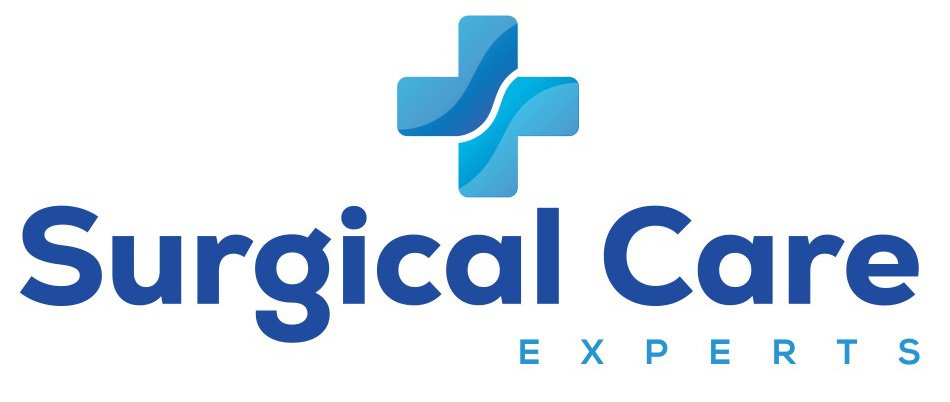About Us
Anal Abscess: Understanding and Treating Painful Infections
Anal abscesses develop when glands near the anus become infected. They can be extremely painful and require prompt medical attention to prevent complications.

Diagnosis: Ensuring an Accurate Assessment
Our experienced colorectal surgeons will conduct a thorough evaluation to diagnose an anal abscess. This may involve:
- Reviewing your medical history and symptoms
- Performing a physical examination to assess the location and severity of the abscess
- Imaging tests like ultrasounds in some cases to confirm the diagnosis and assess the extent of the infection.
Advantages of Choosing Surgical Care Experts:
- End-to-End Care: We manage everything from diagnosis and pre-operative consultations to surgery and post-operative care, providing a seamless and supportive experience.
- Quick and Effective Treatment: We prioritize prompt diagnosis and drainage of the abscess to minimize discomfort and prevent complications.
- Experienced Surgeons: Our board-certified colorectal surgeons are skilled in anal abscess treatment, ensuring precise and effective procedures.
- Focus on Pain Management: We prioritize minimizing your discomfort throughout the process with various pain management techniques.
Compassionate Care: We understand the sensitive nature of this condition and treat you with discretion and respect.
Symptoms of Anal Abscess:
- Intense throbbing pain near the anus
- Redness, swelling, and warmth around the anus
- Difficulty sitting or walking
- Fever and chills (in some cases)
Causes of Anal Abscess:
- Blocked anal glands
- Skin infections near the anus
- Inflammatory bowel disease (rare)
When to See a Doctor
If you experience any symptoms of an anal abscess, consult a doctor immediately. Early diagnosis and treatment are crucial to prevent complications.
Risk Factors and Complications:
- Infection spreading to surrounding tissues
- Formation of multiple abscesses
- Recurring abscesses
Prevention:
- Maintaining good hygiene practices around the anus
- Prompt treatment of any skin infections near the anus
- Addressing underlying conditions like Crohn’s disease (if applicable)
Patient Testimonials



FAQ's
The primary treatment for an anal abscess is surgical drainage, which involves lancing the abscess to allow the pus to drain. In some cases, antibiotics may be prescribed to treat the infection.
Recovery time typically depends on the severity of the abscess. Most patients experience significant pain relief within a day or two after drainage, and complete healing can take up to a week.
The drainage procedure typically involves a small incision, and scarring is usually minimal.
Following good hygiene practices and promptly addressing any skin infections near the anus can help reduce the risk of anal abscesses.
Leaving an anal abscess untreated can lead to serious complications. Early diagnosis and treatment are essential.
The abscess itself can be very painful. However, the drainage procedure is typically performed with local anesthesia to minimize discomfort. We also provide pain medication during recovery.


